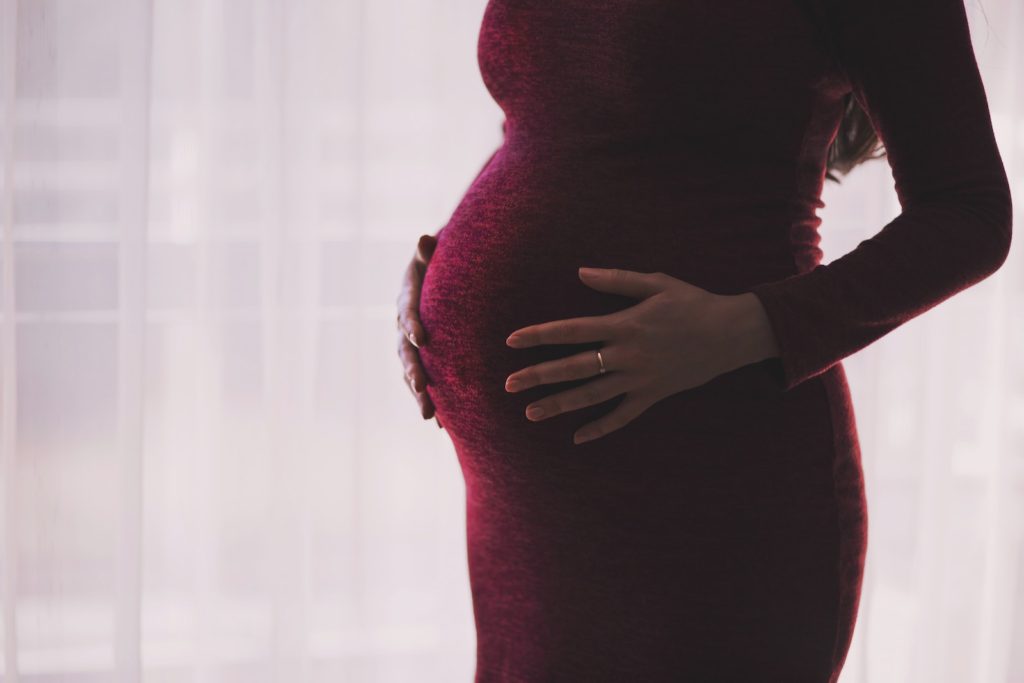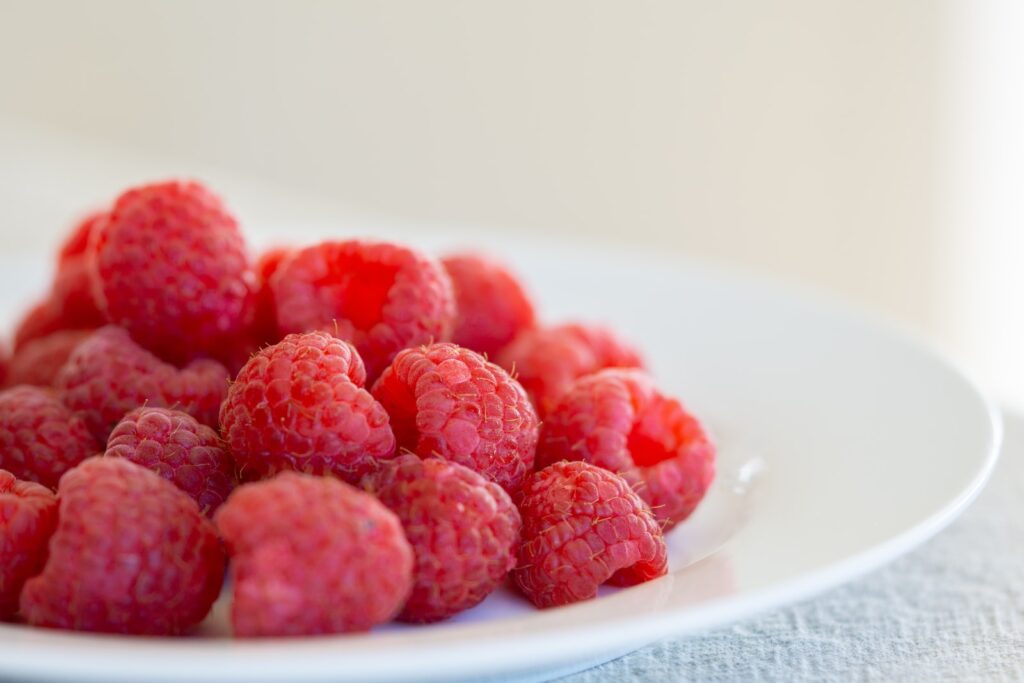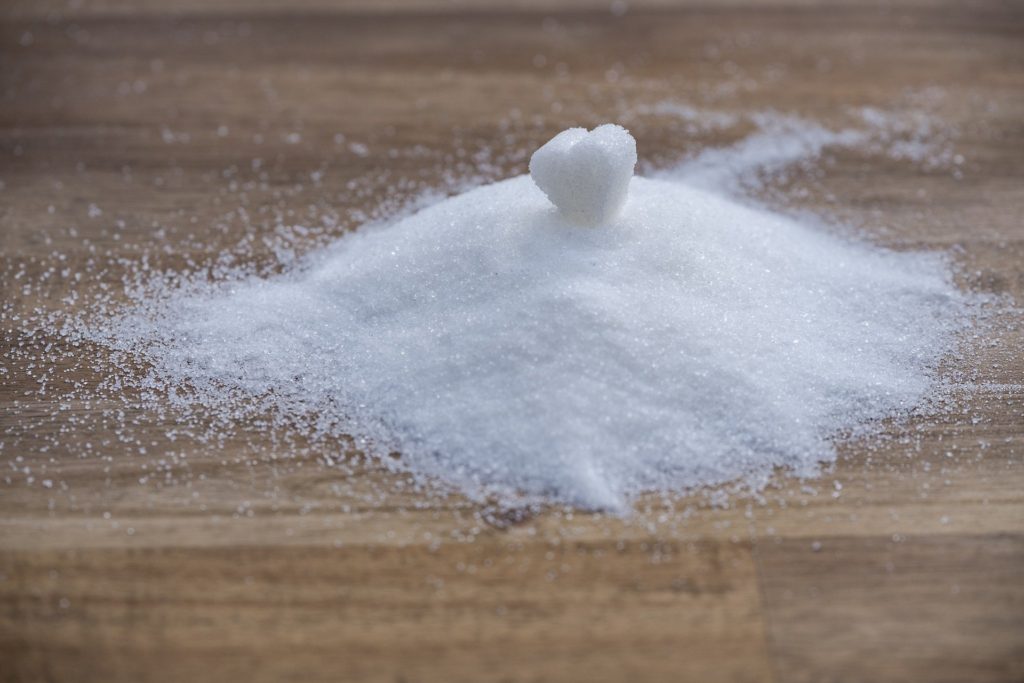Most of the common artificial sweeteners that you see at the grocery store or at the cafe aren’t safe for you to consume during your pregnancy because they’re toxic.
A study found that people who regularly consumed the most common artificial sweeteners increased their risk for early stroke & dementia by 3x!
But, if you or someone you know is pregnant, all hope isn’t lost if you want to still eat sweet foods without experiencing the negatives of sugar.
In this article, I’ll discuss the natural alternatives to the most common artificial sweeteners so you can still enjoy your favorite sweet foods without taking on the toxic effects that come from the most common artificial sweeteners.
Now, I’ll answer some of the most common questions that people ask about artificial sweeteners & pregnancy.
What Are Artificial Sweeteners?
Artificial sweeteners are zero-calorie alternatives to sugar. They’re commonly used by people with diabetes, gestational diabetes, or anyone else trying to cut sugar out of their diet.
But, the problem with the most common artificial sweeteners is that they cause toxic effects on your body.
One study with around 3,000 people found that people who consumed artificially sweetened beverages increased their risk for early stroke, dementia, & Alzheimer’s disease by 300%.
This can be alarming for people who consume artificial sweeteners, but especially alarming for pregnant women.
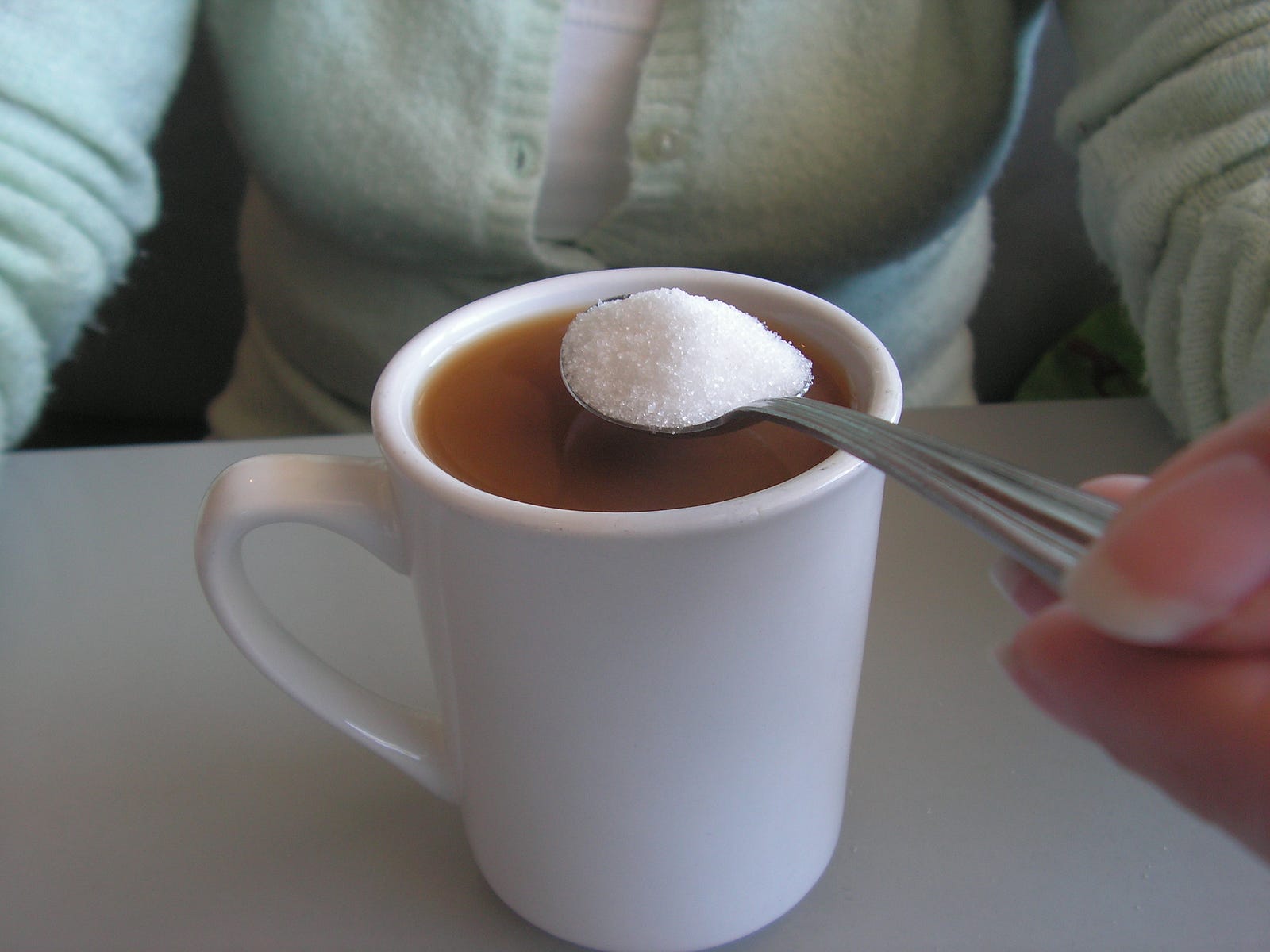
Which Artificial Sweeteners Aren’t Safe to Consume During Pregnancy?
Common artificial sweeteners like aspartame (diet soda,) sucralose (Splenda,) saccharin (Sweet ‘N Low,) & acesulfame K (Equal) aren’t safe to consume during pregnancy due to their toxic effects on the body.
These sweeteners aren’t safe to consume because they’re very artificial & lead to oxidative stress to the brain & body.
Over time, this oxidative stress can not only add up in your (the mother’s) body, but also in your child’s body.
But, that doesn’t mean that all hope is lost for people who want to enjoy sweet foods without using sugar.
*Note: Some of these links are Amazon affiliate links which I earn a small commission from if you buy*
Which Artificial Sweeteners Are Safe to Consume During Pregnancy?
Artificial sweeteners like stevia, monk fruit, inulin, & erythritol are all safe to consume during pregnancy. This is because these sweeteners, unlike most other artificial sweeteners, are natural & don’t lead to any toxic effects to you or your baby.
But, by far, my favorite natural sweetener is this sweetener.
It’s a blend of monk fruit extract & erythritol & is a 1:1 replacement for sugar.
It tastes very similar to sugar & is also one of the only natural options, so it’s a great option for people who value taste & health.
FAQ
Now I’ll answer some of the other common questions that people ask about artificial sweeteners & pregnancy.

Are Sugar Alcohols Safe to Consume During Pregnancy?
Yes, sugar alcohols are safe to consume during pregnancy since they don’t cause a toxic effect on your body like most other artificial sweeteners. But, since they do cause the bad bacteria in your gut to grow, it’s best to avoid them & use natural sweeteners like stevia or monk fruit instead.
If you want to learn more about the effects of sugar alcohols on your gut, you can read my article here where I go more in-depth.
Is Maltitol Safe to Consume During Pregnancy?
Yes, maltitol is safe to consume during pregnancy since it doesn’t have any toxic effects. But, sugar alcohols, like maltitol, have been shown to cause digestive issues, so it’s best to avoid them.
Instead of using sugar alcohols, use a natural sweetener that doesn’t cause digestive issues like stevia or monk fruit.
Is Xylitol Safe to Consume During Pregnancy?
Yes, xylitol is safe to consume during pregnancy. Xylitol, like other sugar alcohols, don’t have any toxic effects on you or your fetus. But, sugar alcohols, like xylitol, have been shown to cause digestive problems, so it’s best to limit them.
Instead of using sugar alcohols like xylitol, use a natural sweetener that doesn’t cause digestive issues like stevia or monk fruit.
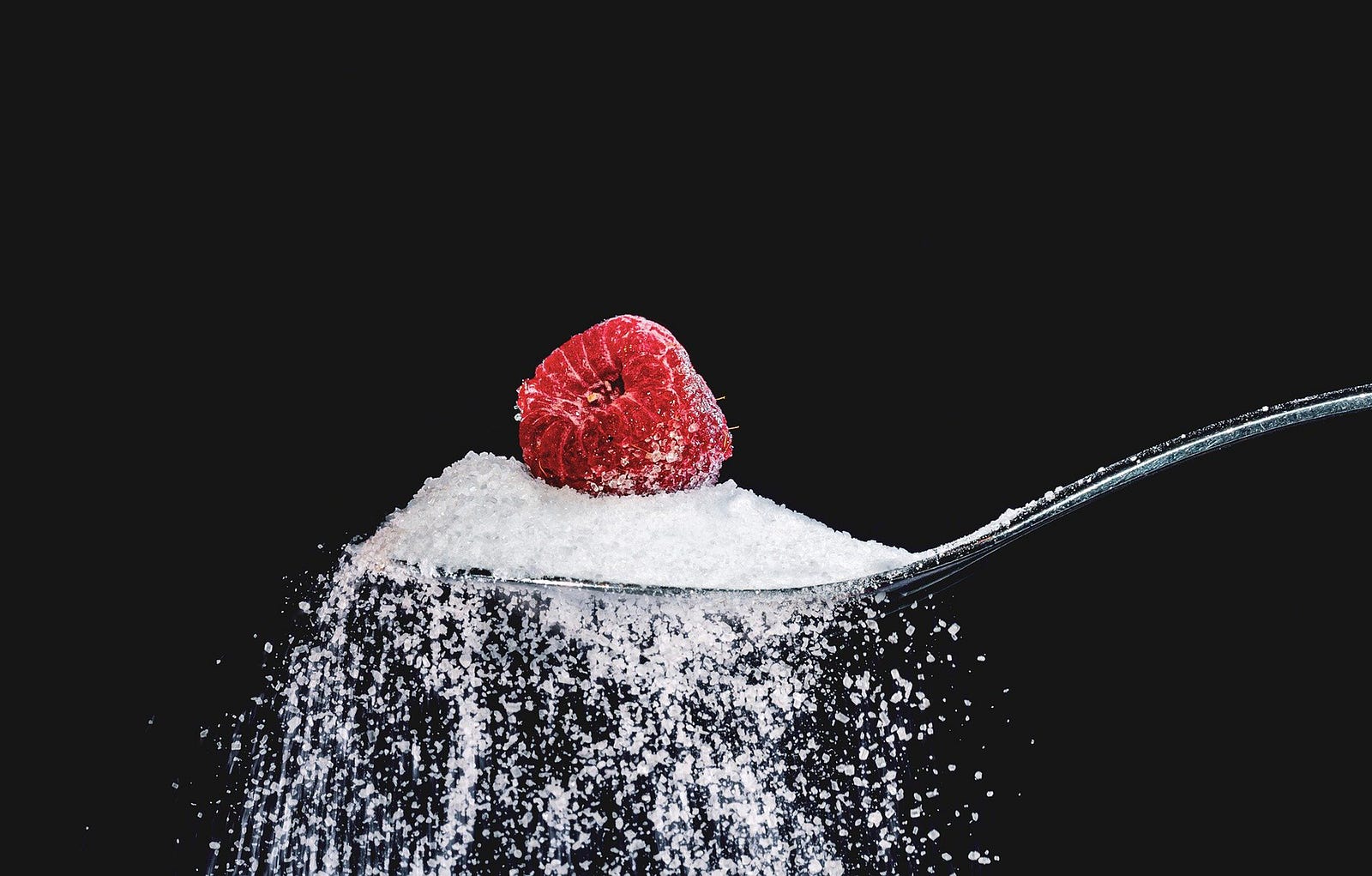
Is Sorbitol Safe to Consume During Pregnancy?
Yes, sorbitol is safe to consume during pregnancy. Sorbitol doesn’t cause toxic effects on you or your fetus. But, since it’s a sugar alcohol, you may experience digestive issues when you consume it.
Instead of using sugar alcohols like sorbitol, use a natural sweetener that doesn’t cause digestive issues like stevia or monk fruit instead.
Is Lactitol Safe to Consume During Pregnancy?
Yes, lactitol is safe to consume during pregnancy. This is because it doesn’t cause any toxic effects. But, since it’s a sugar alcohol, you’ll likely experience digestive issues when you consume it.
Instead of consuming lactitol, consider replacing it with a natural sweetener, like stevia or monk fruit instead.
This would help you to experience fewer digestive issues & trips to the bathroom.
Is Mannitol Safe to Consume During Pregnancy?
Mannitol is safe to consume during pregnancy, as long as it isn’t consumed in excess. While it doesn’t cause any toxic effects, sugar alcohols such as mannitol can cause digestive issues and frequent bathroom trips.
Instead of using mannitol, try using a natural sweetener like stevia or monk fruit to avoid digestive issues and possible diarrhea.

Is Isomalt Safe to Consume During Pregnancy?
It is safe to consume isomalt during pregnancy because it does not cause any harmful effects. However, digestive problems are common when consuming sugar alcohols like isomalt.
If you’re pregnant, instead of consuming isomalt, consider substituting it with a natural sweetener such as stevia or monk fruit.
You’ll experience fewer digestive issues and bathroom visits if you do.
Is Erythritol Safe to Consume During Pregnancy?
Erythritol is safe for pregnant women to consume because it does not cause any harmful effects like most other artificial sweeteners.
Even though erythritol has a chemical-sounding name, it actually comes from birch trees & is pretty natural.
Is Aspartame Safe to Consume During Pregnancy?
There is no definitive answer to this question as the research on aspartame and pregnancy is limited. Some studies have suggested that aspartame may be associated with certain birth defects, while others have found no link.
Therefore, it is important to speak with your healthcare provider before consuming aspartame or any other artificial sweetener during pregnancy.
But, since artificial sweeteners like aspartame have been shown to increase your risk for dementia & stroke by 3x, it’s best to stay safe & avoid them altogether.
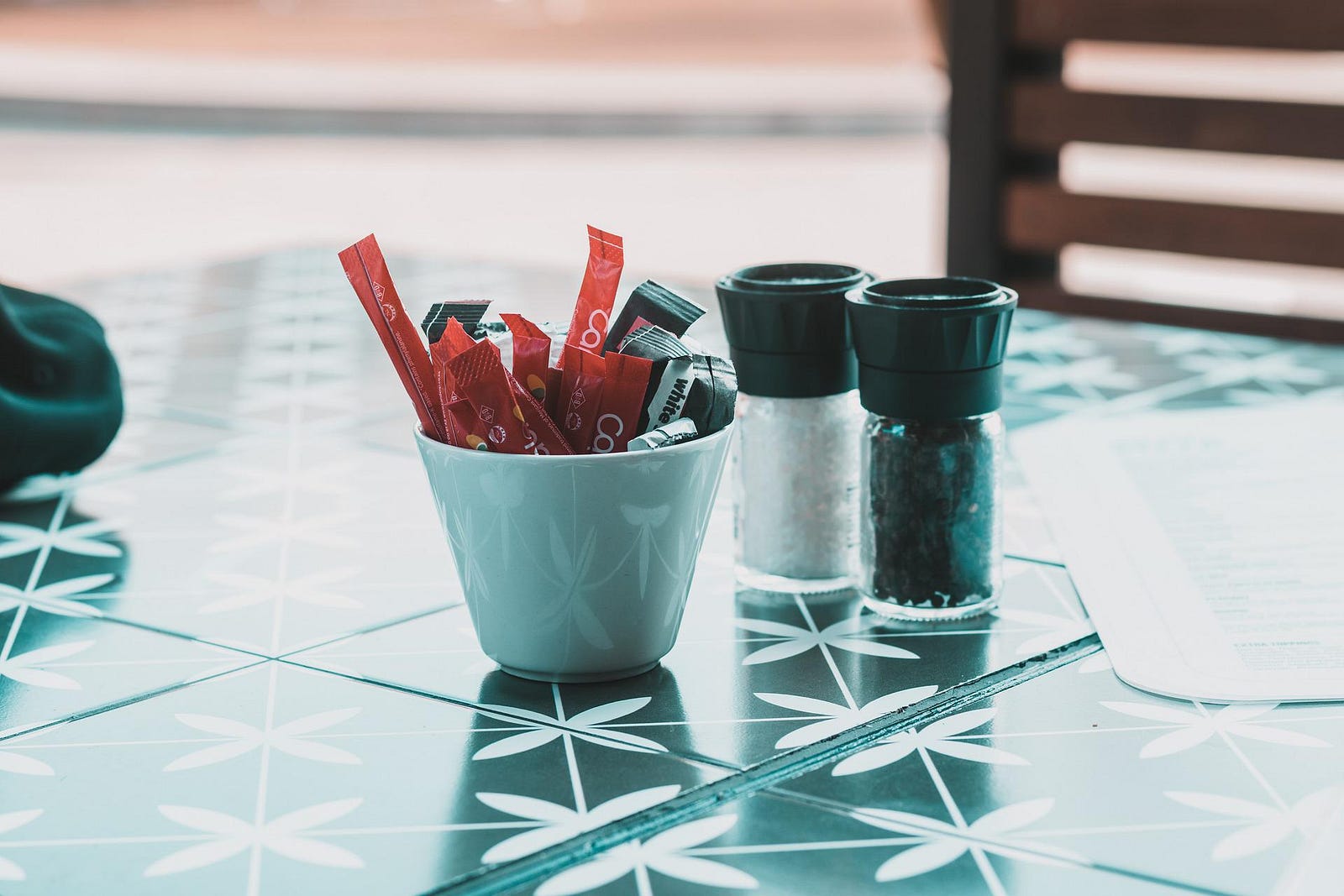
Is Splenda (Sucralose) Safe to Consume During Pregnancy?
There is no definitive answer to this question as opinions on Splenda safety during pregnancy vary. Some experts believe that Splenda & sucralose is perfectly safe for pregnant women to consume, while others caution against consuming too much as it could potentially increase the risk for certain birth defects.
Ultimately, it is up to the expectant mother to decide whether or not to consume Splenda or sucralose during pregnancy, taking into account all of the available information on the topic.
However, since sucralose has been shown to increase your risk for dementia & stroke by 3x, I would recommend avoiding it.
Is Sweet ‘N Low (Saccharin) Safe to Consume During Pregnancy?
Sweet ‘N Low & saccharin likely isn’t safe to consume during pregnancy. This is because artificial sweeteners, like Sweet ‘N Low & saccharin, are toxic. However, some studies suggest that Sweet ‘N Low & saccharin may be unsafe for pregnant women, while some other studies also found no evidence of harm.
To be safe, most people recommend avoiding artificial sweeteners like Sweet ‘N Low or saccharin because of their toxic effects.
But, if you do want to enjoy something sweet without consuming sugar, I recommend using a natural sweetener, like stevia or monk fruit, instead.
Is Acesulfame K (Equal) Safe to Consume During Pregnancy?
No, artificial sweeteners like, Acesulfame K or Equal aren’t safe to consume during pregnancy because they’re toxic. Instead, choose non-toxic, natural sweeteners like stevia or monk fruit.

Is Sugar-Free Dark Chocolate Safe to Consume During Pregnancy?
While there aren’t many studies on the safety of eating sugar-free dark chocolate during pregnancy, most doctors agree that sugar-free dark chocolate is safe as long as you keep your consumption to a minimum.
Chocolate is a very controversial food during pregnancy, but there’s no denying that it’s delicious.
If you really want to enjoy a treat, choose dark chocolate that has at least 70% cocoa.
Chocolate with a lower percentage of cocoa is less rich in flavonoids that protect against heart disease and improve blood flow.
Dark chocolate also has less sugar compared to milk or white chocolate, so it’s a better option if you’re trying to avoid sugar.
Is Sugar-Free Jello Safe to Consume During Pregnancy?
No, Sugar-Free Jello isn’t safe to consume during pregnancy. This is because Sugar-Free Jello contains aspartame & acesulfame potassium, which have both been shown to be toxic to the body.
Aspartame & acesulfame potassium have been shown to increase your risk for stroke & Alzheimer’s.
This is because aspartame & acesulfame potassium, like other sweeteners, cause oxidative stress on the brain & body.
But, this can result in problems like brain damage.
This can be especially alarming for people who’re pregnant.
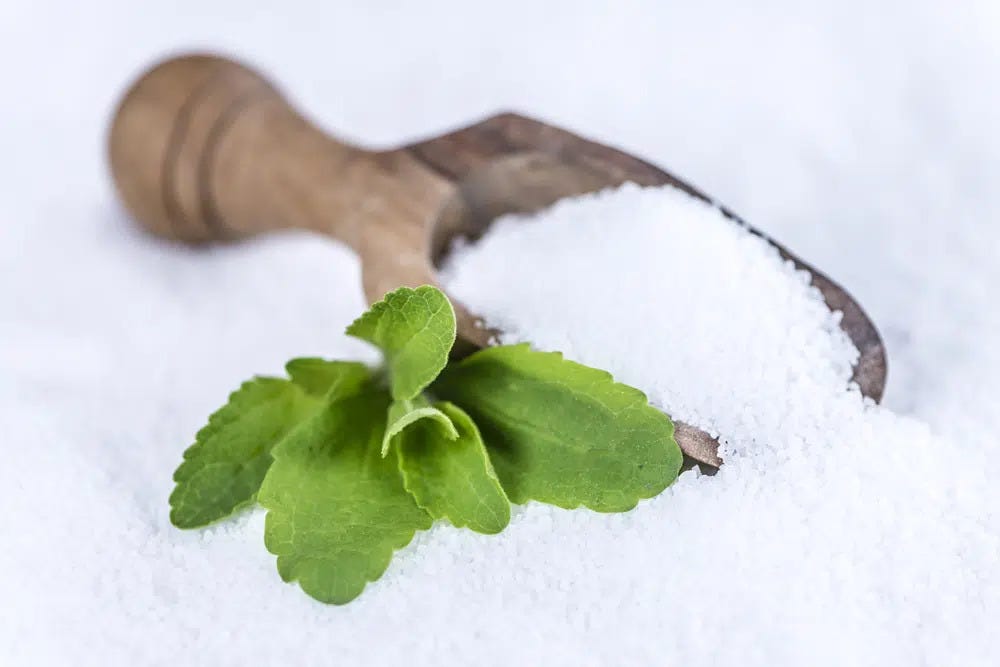
Conclusion
In conclusion, most of the common artificial sweeteners, like Splenda or Sweet ‘N Low, are toxic & should be avoided in general, especially if you’re pregnant.
But, if you still want to enjoy sweet foods without consuming sugar, I recommend using natural zero-calorie sweeteners.
My favorite natural sweetener is this one because it doesn’t have an aftertaste & is a 1:1 replacement for sugar.
If you’re pregnant & are wondering if you should avoid total carbs or net carbs, you can read my article here where I discuss the difference between the two so you can track the right one & avoid gestational diabetes.
- Can You Still Lose Weight If You Aren’t in Ketosis? - February 8, 2023
- Can the Keto Diet Help With Depression? - February 8, 2023
- Why Does Processed Food Make You Fat? - January 2, 2023

